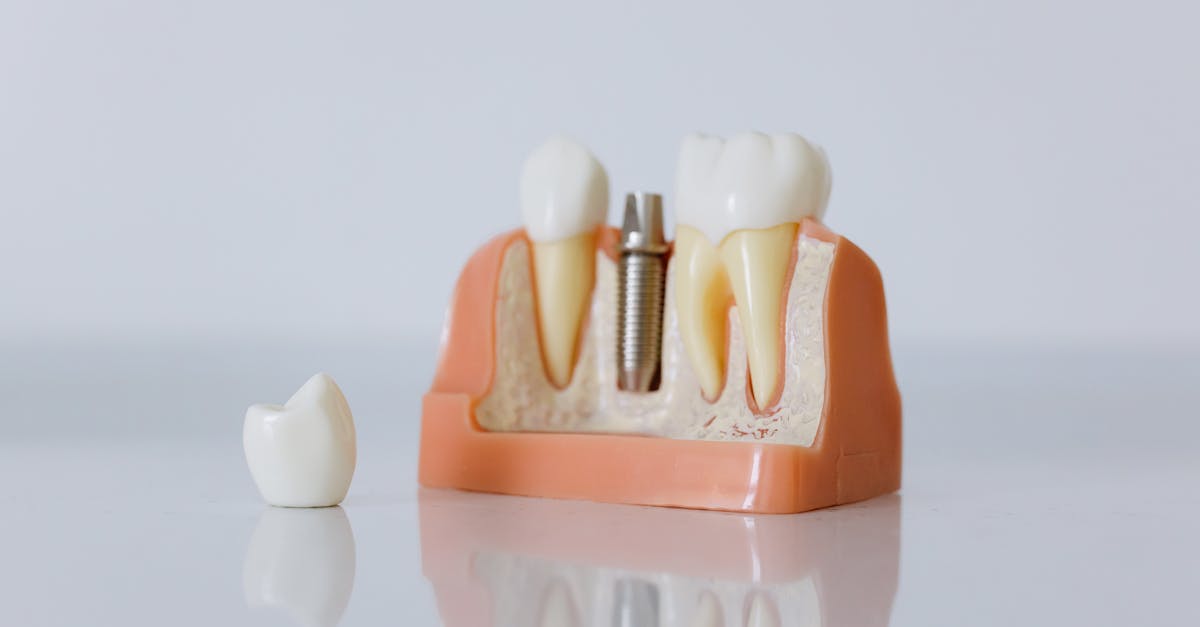Exploring Government Grants for Dental Implants
Introduction
Dental implants are transformative solutions for individuals who have lost teeth due to injury or decay. However, the cost can be prohibitive for many. Government grants may provide financial assistance, making dental implants accessible to more people.
Advertisement
Understanding Government Grants
Government grants are funds allocated by federal, state, or local governments to support specific needs within the community. Unlike loans, grants do not need to be repaid, serving as crucial financial support for those in need.
Advertisement
Why Support for Dental Implants?
Missing teeth can significantly affect one's quality of life, impacting chewing, speech, and self-confidence. The high cost of dental implants often places them out of reach for many; thus, government grants can make a substantial difference.
Advertisement
Eligibility Criteria
Eligibility for dental implant grants varies. Factors can include income level, the severity of dental issues, geographic location, and the patient's overall health. Understanding these criteria is key when preparing a grant application.
Advertisement
Applying for a Grant
Applying for a government grant involves several steps. First, research the specific grants available and gather necessary documentation, such as tax records and medical assessments. Second, complete the application accurately, following the guidelines provided.
Advertisement
Types of Available Grants
Various grants are available, ranging from federal healthcare assistance programs to local community health initiatives. Some may cater specifically to veterans, seniors, or low-income individuals, ensuring targeted support for those populations.
Advertisement
Important Considerations
It's critical to pay attention to application deadlines and required documentation. Accurate and timely applications increase the chances of securing a grant. Be sure to review eligibility requirements meticulously to avoid disqualification.
Advertisement
Additional Resources and Support
Several non-profit organizations and dental associations may offer supplementary support or guidance. These entities often provide information on navigating the grant application process and offer advocacy services as needed.
Advertisement
Challenges in Securing Funding
While grants offer an invaluable resource, competition for funds can be intense. Limited available funds and high demand mean not all applicants will receive assistance. Persistence and thorough preparation can enhance success odds.
Advertisement
Conclusion
Dental implants can restore health and confidence, but their cost often poses a barrier. Government grants bridge this financial gap for many individuals. Exploring grant options and preparing a robust application can lead to life-changing opportunities in dental health.
Advertisement

